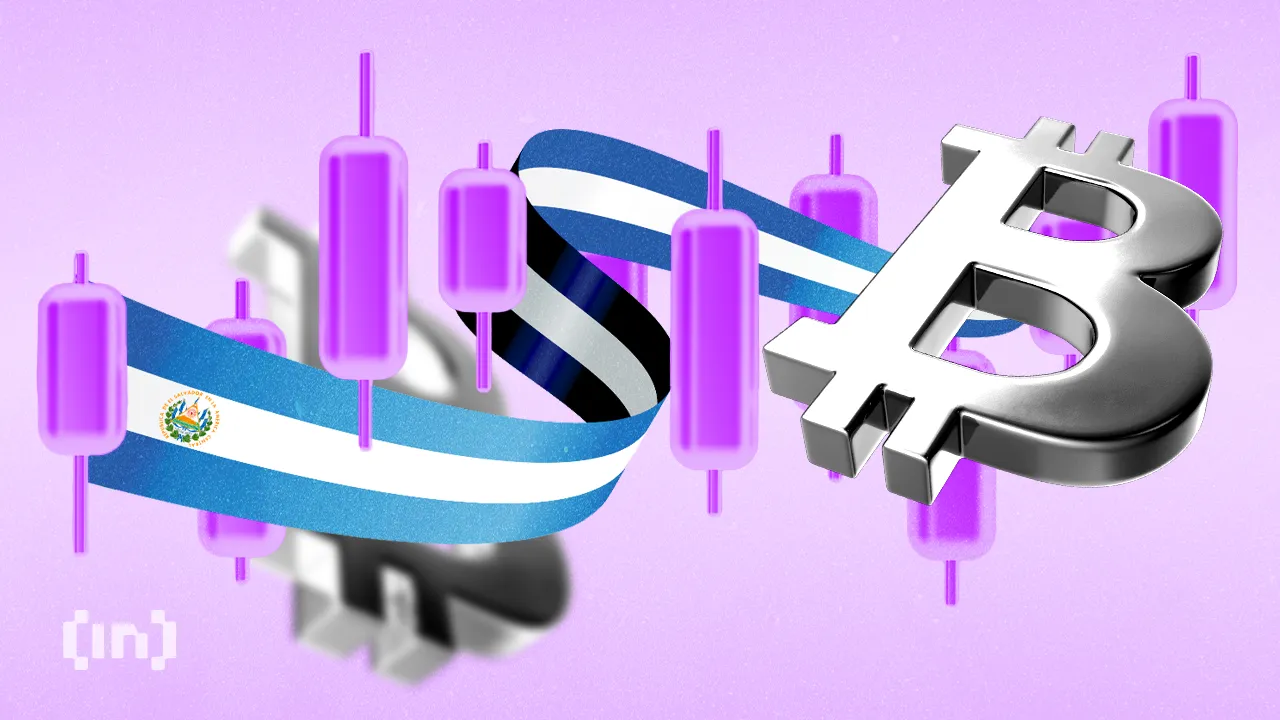
El Salvador Adopts Multi-Wallet Strategy for Bitcoin Reserves
El Salvador, under the leadership of President Nayib Bukele, has introduced a groundbreaking policy to secure its Bitcoin reserves against potential risks posed by future quantum computing technology. The country has shifted from a single wallet system to a multi-wallet strategy, ensuring no wallet holds more than 500 BTC. This innovation in digital asset management sets new benchmarks for global cryptocurrency best practices.
Why the Change Was Necessary
Previously, El Salvador relied on a single wallet approach, continuously reusing one address for Bitcoin transactions. This method made the public key visible on the blockchain, allowing potential hackers unlimited time to compromise the keys. Quantum computing presents a revolutionary but concerning possibility, as it could theoretically break the cryptographic security of Bitcoin wallets, making funds vulnerable to hacking.
Enhancing Security with Multi-Address Distribution
The Salvadoran government’s decision to distribute its 6,284 BTC—currently valued at approximately $681 million—across 14 addresses is a preventive step. Each wallet holds no more than 500 BTC, adhering to best practices in crypto asset protection. By creating these smaller, unused addresses, the risk of full-scale cyberattacks is reduced. As a precaution, public keys remain secure until a wallet initiates a transaction, minimizing vulnerability to future quantum attacks.
Expert Insights and Industry Reactions
Stacy Herbert, head of the National Bitcoin Office, emphasized the strategic importance of this decision. “El Salvador was the first to establish a Strategic Bitcoin Reserve, and we continue paving the way in setting global standards for sovereignty and innovation in finance,” she stated. Prominent voices in the cryptocurrency community, like Nick Neuman of CasaHODL, applauded this proactive security measure. He noted, “El Salvador is a stellar example of how large-scale holders should anticipate future threats to ensure long-term digital safety.”
El Salvador’s Bold Steps in Bitcoin Adoption
Besides mitigating risks, the government’s distribution of funds highlights its broader commitment to Bitcoin adoption. Despite criticisms from international organizations like the IMF for its Bitcoin investments, El Salvador continues to grow its digital reserve, paving the way for other nations interested in Bitcoin-backed treasuries. Reports suggest that the country’s total holdings might approach $1 billion by the end of the year.
Recommended Tools for Bitcoin Security
As digital currencies gain prominence, safeguarding assets is more important than ever. Hardware wallets, such as the Ledger Nano X, are an excellent choice for both individuals and institutions to protect their cryptocurrency from potential threats. Offering state-of-the-art encryption, these wallets ensure your funds remain secure even in the face of emerging technologies.
Conclusion
El Salvador’s transition to a multi-wallet model showcases its commitment to safeguarding its Bitcoin treasury while demonstrating forward-thinking in the era of digital currency. As quantum technology advances, other nations and large-scale Bitcoin holders may look to this strategy as a template for protecting their digital reserves. For individual investors, taking similar precautions could be equally vital in the years ahead.



